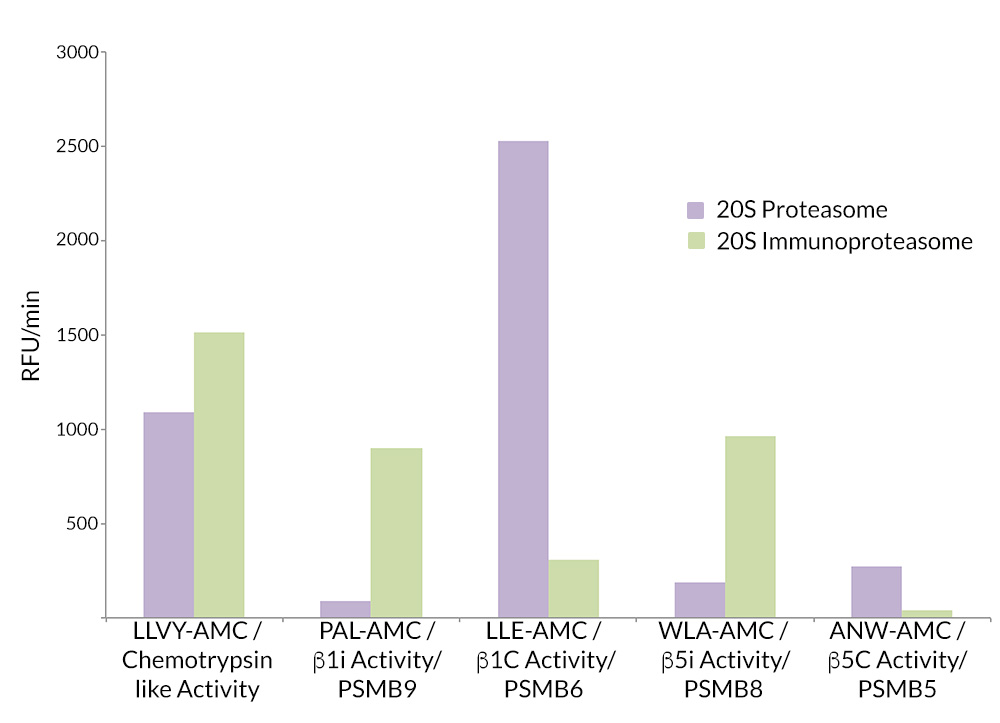20S Proteasome (human) (untagged)
Product Code:
SBB-PP0005
SBB-PP0005
Regulatory Status:
RUO
RUO
Target Species:
Human
Human
Shipping:
Dry Ice
Dry Ice
Storage:
-80C
-80C
No additional charges, what you see is what you pay! *
| Code | Size | Price |
|---|
| SBB-PP0005-C050 | 50 ug | £275.00 |
Quantity:
Prices exclude any Taxes / VAT



